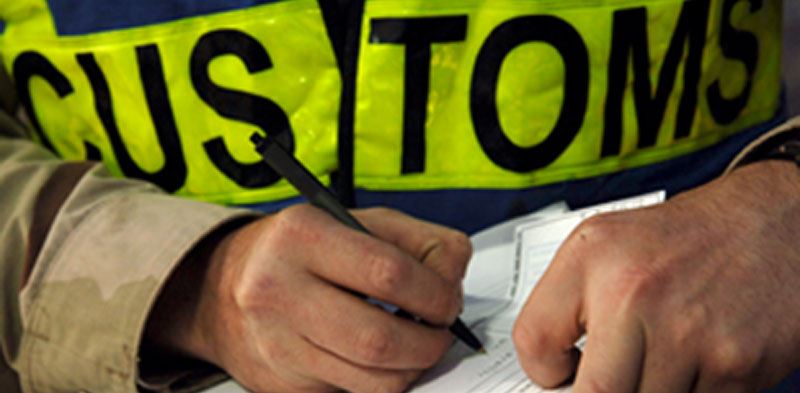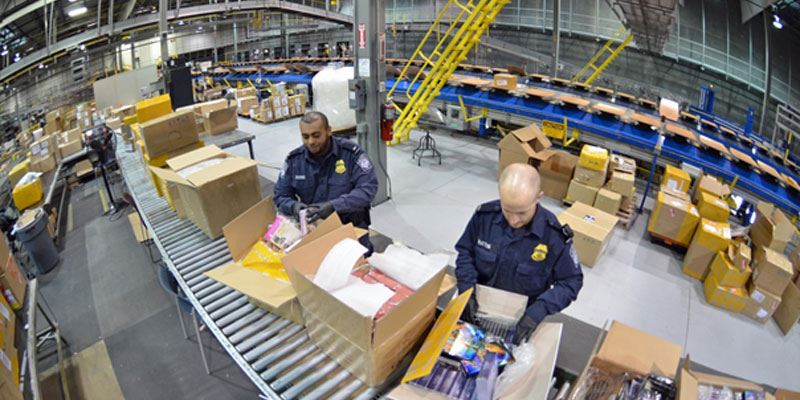USA Tariffs and What It Means to Your Purchases from LUMI and China

Most U.S. importers are concerned about the implementation of retaliatory tariffs placed on an enormous amount of China-made goods. From raw steel to consumer products, including parts and components, the USA importer will now be responsible for paying tariffs that represent an increase anywhere from 10 to 25% of their import dollars from China. What can you do to reduce or eliminate the impact of this situation to your business? There are a number of proven and legitimate ways to avoid or reduce these duties that have been used for many years with great success, some of them are listed below:
Exclusion Requests
This is a difficult thing to do, however it is possible should you meet certain criteria. The U.S. Trade Representative for China has a process that allows certain products to be excluded from the tariffs. Normally it requires the product to be a vital commodity critical to the U.S. Economy that has limited or no re-sourcing elsewhere. Unfortunately the vast majority of LUMI products are manufactured for the entertainment and home market. Due to that fact, the likelihood of a successful exclusion is low for our products here at LUMI. However, should your company import other products that might reach the necessary level to be excluded, then it is worth serious consideration to file for an Exclusion with the Department of Commerce and the U.S. Trade Representative. This process may allow for an outright exclusion from the duties on a per product and per company basis, it is worth serious consideration.
The U.S. Customs and Border Protection has resisted Tariff Engineering in the past, the courts have affirmed for years that the CBP can only apply tariffs based on the condition of the goods as imported. This has led importers in a variety of industries where high duties prevail to import products in an unfinished state to take advantage of the classifications that carry lower duty. As an example, turbine generators are typically imported into the U.S. as large unassembled structures consisting of the turbine and generating components. These will now be assessed an additional 25 percent tariff. However, if the components are imported separately they would fall into an entirely different tariff provision that is currently excluded from that tariff increase. Of course, the products that are manufactured by LUMI are difficult to meet this type of re-formulation of the tariff classification. However, some products might qualify and LUMI is evaluating the feasibility of such an endeavor.
Some experts in trade recommend modifying the tariff provision on the imported product by consider changing its country of origin. Ergonomic Furniture and Mounting Brackets made of steel and aluminum require quick and easy access to affordable raw materials, but more importantly, these products require expertise in design and manufacturing. The materials and skills required to duplicate and maintain quality and consistent deliverability in LUMI products simply does not exist in any other country than China-and specifically Ningbo/Zhejiang Province due to the fact that the this area of China is the hub of steel and aluminum manufacturing. LUMI could look at moving some operations elsewhere, and that is certainly an option, however based on the existing situation, there are no indications that this “trade war” will last into the long term. LUMI will however be keeping a close eye on this situation.
Bonded Facilities.
For those companies involved in manufacturing as well as import for export trade, bonded
facilities can provide a safe haven from the additional tariffs. Goods admitted to a foreign-trade zone in privileged foreign status will retain their character and tariff classification as admitted even if they are manufactured into a product affected by the additional tariffs that may be withdrawn from the zone and entered for U.S. consumption. In addition, goods otherwise subject to the additional tariffs could be entered and stored in a bonded warehouse for up to five years to avoid those duties if they are (a) exported directly from the warehouse or (b) entered for U.S. consumption once the additional tariffs have lapsed or a product-specific exclusion has been granted.
When assessing particular duty savings models, importers, exporters, and manufacturers need to consider the art of crafting their own trade deals to effectively escape or limit the impact of the section 232 and 301 tariffs. LUMI’s knowledgeable Business Development Team has the knowledge to provide safe, sound, and reasonable advice to help reduce the impact of this tariff situation.
Contact LUMI today with any questions or comments.
As always, we thank you for your support and business!






